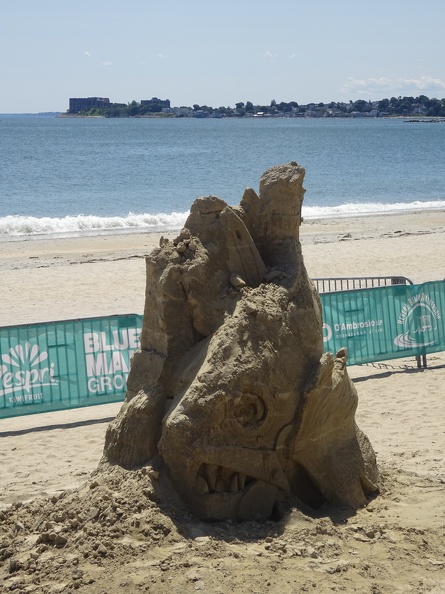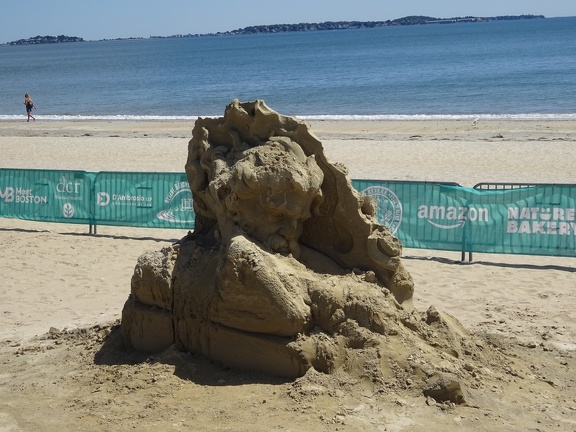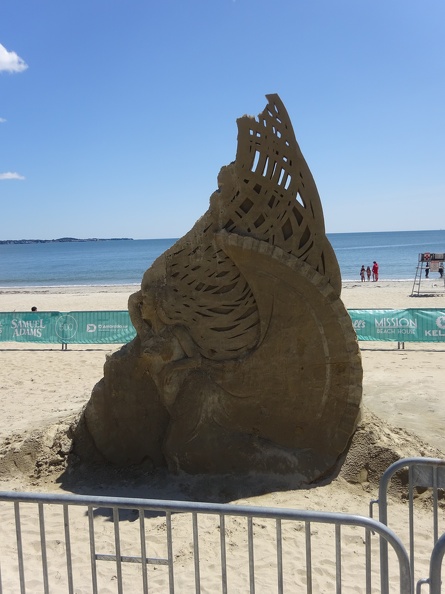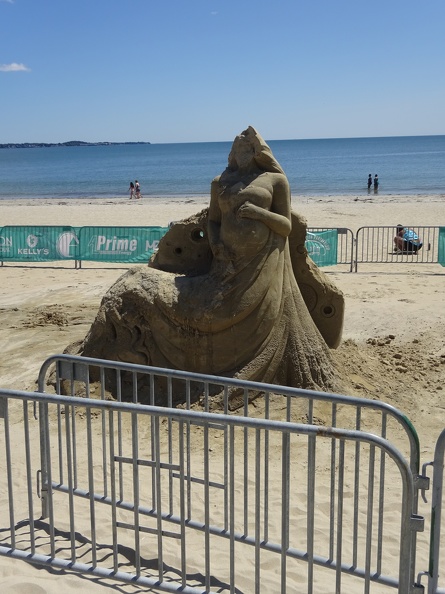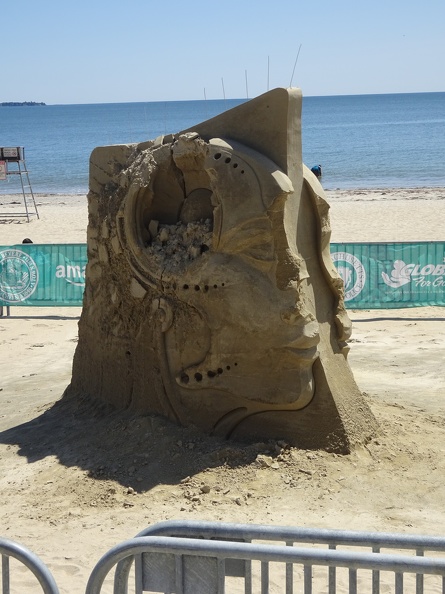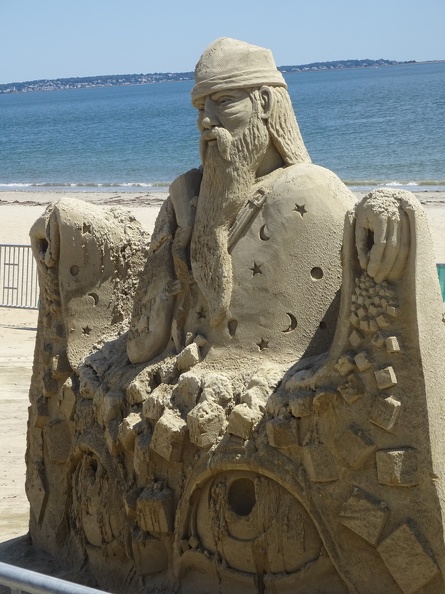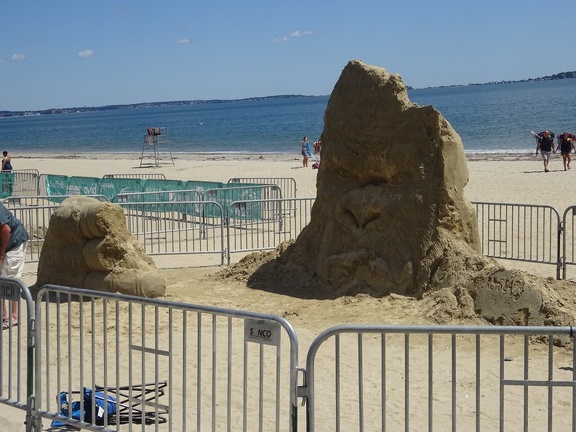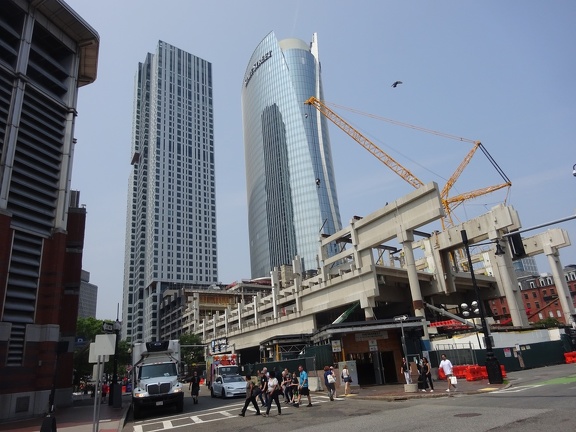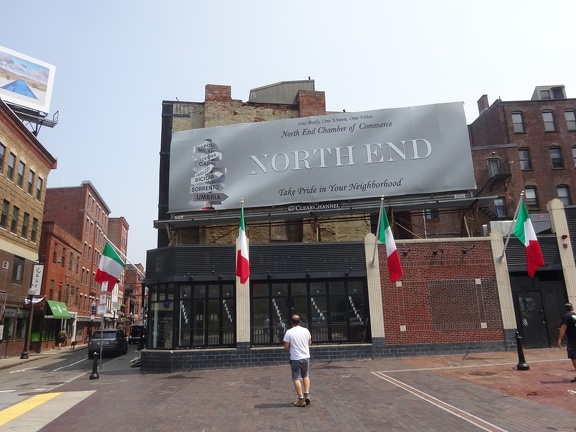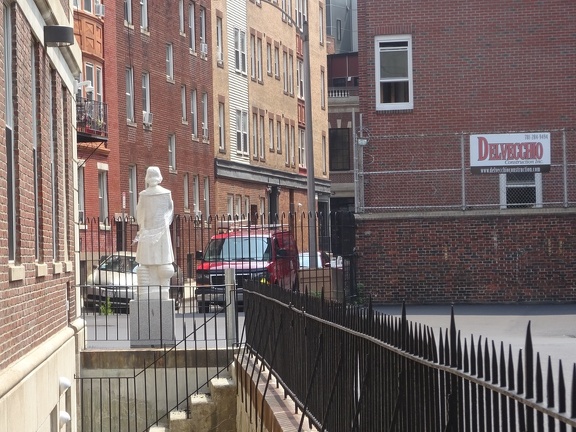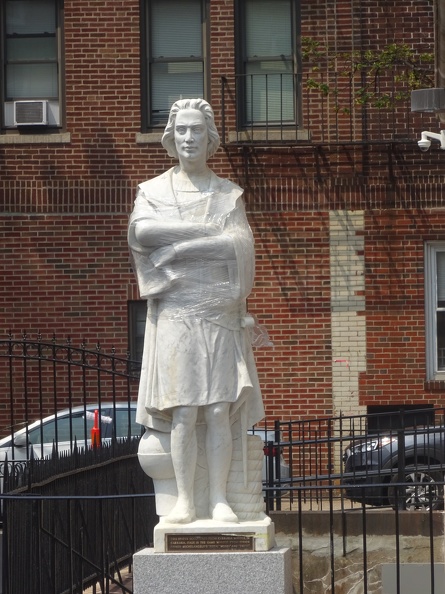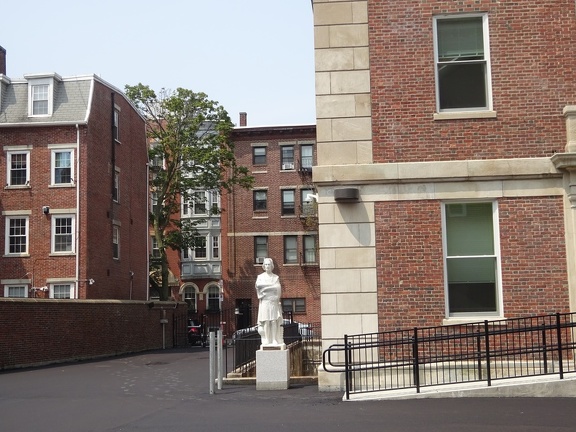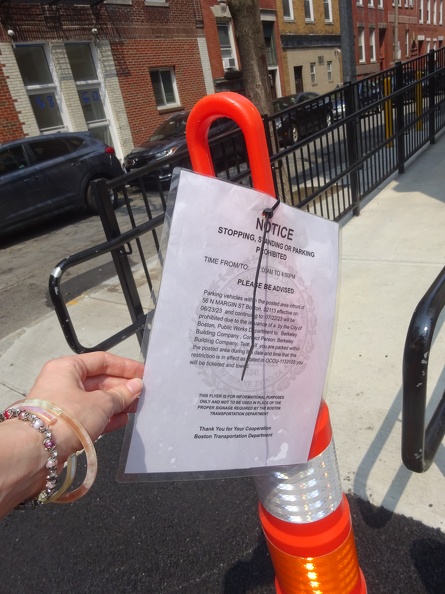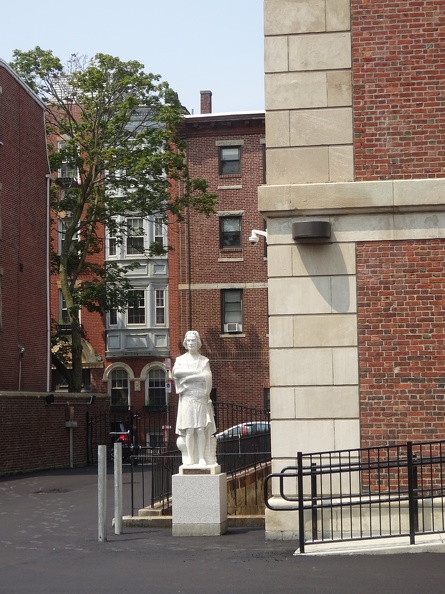June used to be a month that I looked forward to. It marked the beginning of summer, with flowers blooming, school ending for the year, and rain generally absent. Now, I dread the month of June, and it has nothing to do with the cold, windy, and wet weather that has been occurring recently.
June marks Pride Month, as well as Juneteenth. Two observances that acknowledge, honor, recognize, and celebrate certain politically favored groups of people, while excluding everyone else. Two observances that are popularly perceived as being all about equality, diversity, and inclusion, while in reality being about the exact opposite. June has become the month of conformity, exclusion, and discrimination.
To begin with, take the Pride flag. I don’t have a problem with the original version of this flag, with six stripes in the colors of the rainbow. But I have a problem with the version that is currently favored, the version that has become pervasive everywhere you look, especially during the month of June. This is the flag that, in addition to the rainbow stripes, includes a triangle of white, light blue, and pink to symbolize trans people, as well as stripes of black and brown to symbolize the experiences of LGBTQ+ people of color. This, to put it bluntly, is racist. Those who created this flag and those who choose to display it have chosen to give special recognition to black and brown people, while giving no equivalent recognition to white people. (One might point out that the color white does appear on the flag, but its intention is to symbolize trans people along with blue and pink, not to represent white people.) There is no justifiable reason for doing this. The rainbow flag already symbolized LGBTQ+ people of all races equally. There is nothing about a rainbow-striped flag that could be construed to only represent white people. Whoever is responsible for adding the black and brown stripes must have either interpreted the rainbow flag as only representing white people, which is false, or acknowledged that the rainbow flag already represents all races but decided that black and brown people deserve additional recognition while white people do not, which is racist. Either way, the Pride flag, as it is most commonly displayed today, is racially discriminatory.
The racist Pride flag is fitting, the perfect symbol for the intolerant attitudes that are so prevalent in our society. According to our society’s dominant ideology, some people deserve to be acknowledged, honored, included, represented, and celebrated, while others do not. Some people’s feelings, viewpoints, perspectives, and experiences matter, while other people’s do not.
The past three years have been nothing short of traumatizing and soul-crushing for me as an autistic person who loves statues and history. For three years, people have intentionally destroyed everything in the world that makes my life worth living. They have inflicted horrific and indescribable pain, on purpose. They have set out to deliberately remove each and every work of public art that makes me feel included. And they have done so with unimaginable cruelty, violence, and brutality. Whether in the form of angry mobs, self-righteous public officials, or faceless bureaucracies, society has decided to physically alter the public spaces of cities and towns to ensure that people like me feel unwelcome and excluded. To ensure that people like me will never again have any possibility of feeling happiness, joy, or belonging.
And then, as if all this weren’t bad enough, society decided to characterize the events that I’ve just described as “hope” and “healing.”
Just like society has decided that it is not enough not to be racist, but that one must be actively anti-racist, society has not merely decided that I do not deserve to be acknowledged, honored, included, represented, or celebrated. Society has decided, if such things are even possible, that I deserve to be actively anti-acknowledged, actively anti-honored, actively anti-included, actively anti-represented, and actively anti-celebrated.
I am not black. I am not gay, or trans, or queer. I am different. I have been different my entire life. For as long as I can remember, I have talked differently, walked differently, learned differently, and thought differently. I wore dresses, pigtails, and Mary Janes, while everyone else wore tight jeans and sweatshirts. I excelled at reading, writing, math, and memorizing facts, but wasn’t able to hold a conversation, hit a baseball with a bat, ride a bike, or tie my shoes, all things that my peers did effortlessly. People didn’t understand why I did the things I did, and I didn’t understand why they did the things they did, either. People didn’t like me. I had few friends and was bullied. Historical figures were the only thing that made my life worth living. The fact that statues of them existed in public places was the only thing that made me feel included, made me feel seen, and made me feel that life was worth living.
And then society decided to take that away. Society decided to spend time, money, and effort to destroy what made my life worth living. To ensure that I would never again feel welcomed or included when I set foot in a public place.
There was never really a word for what made me different. It was just me being eccentric, or deviant, or weird, or messed-up. It was just another Marissa thing. Me doing or saying something that didn’t make sense. Me being completely quiet while the other kids told inside jokes and swapped stories. Me being unable to understand something that to others was obvious. I know now that the word is autism. But I didn’t know it then. Queer people, trans people, black people, indigenous people, Jewish people… all these groups have a word for what makes them different from the majority. When there is a word for what makes you different, it means that there are other people who share the same difference as you. It means you are not alone. Perhaps you might feel alienated or excluded in the larger society, but there is always a group of like people that you can return to, a community that will provide acceptance, empathy, belonging, and support. Not so for me. Even among my immediate family, I was judged, stigmatized, shamed, and criticized. I was different from them, and they didn’t understand me. In short, I have always been alone.
For this reason, I have felt different and alone in a way that queer people and black people have never experienced. I have felt different and alone in a more profound sense than people who can easily put a label on their differences. And this was before society decided to destroy everything that made my life worth living.
If society truly cared about diversity and inclusion, it would be going out of its way to acknowledge, honor, recognize, and celebrate me, not actively making me feel excluded. If society truly cared about diversity and inclusion, it would be raising funds, hiring artists, and making plans for the creation of additional Confederate statues and Christopher Columbus statues, not doing the utterly sickening and horrific things that it did to these statues.
Because Confederate statues and Columbus statues symbolize people who are different. They symbolize people like me. By erecting them in public spaces, our society was stating that people like me do, indeed, have a right to exist. But the death of George Floyd caused society to change its mind about that. Using some sick, warped version of logic that I will never fully comprehend, society decided that for the actions of Derek Chauvin, I deserve the death penalty.
It is beyond hurtful that after three years of inflicting horrific and indescribable pain on me because I am different, after three years of telling me in the most brutal, cruel, and violent possible way that I don’t have the right to exist, society would go out of its way to celebrate gay people and black people. To think that this constitutes inclusion, and diversity, and treating everyone equally, demonstrates a complete lack of empathy. I understand that the tone of this blog post might be perceived as angry and negative, but I truly believe that Pride and Juneteenth are neither uplifting nor positive. They are examples of how our society acknowledges, honors, includes, and celebrates some people while excluding, humiliating, and viciously attacking others. Whenever I see that hideous black and brown rainbow flag, see a sign in a store window expressing solidarity with the LGBTQ or black community, or hear of a Pride or Juneteenth celebration, I am being told that I am not a person and that my feelings do not matter.
I don’t have anything against queer people or trans people or black people. What I have a problem with is society’s inconsistency, hypocrisy, and intolerance. I believe in treating everyone equally. I believe that everyone should be included. By celebrating Pride and Juneteenth, after three years of brutally, cruelly, and violently telling me that I don’t deserve to be represented or included, society accomplishes the opposite of that. If queer people and trans people and black people are going to be accepted and celebrated, then I deserve to be accepted and celebrated as well. If the pain of queer people and trans people and black people is going to be acknowledged, then I deserve to have my pain acknowledged, too.


